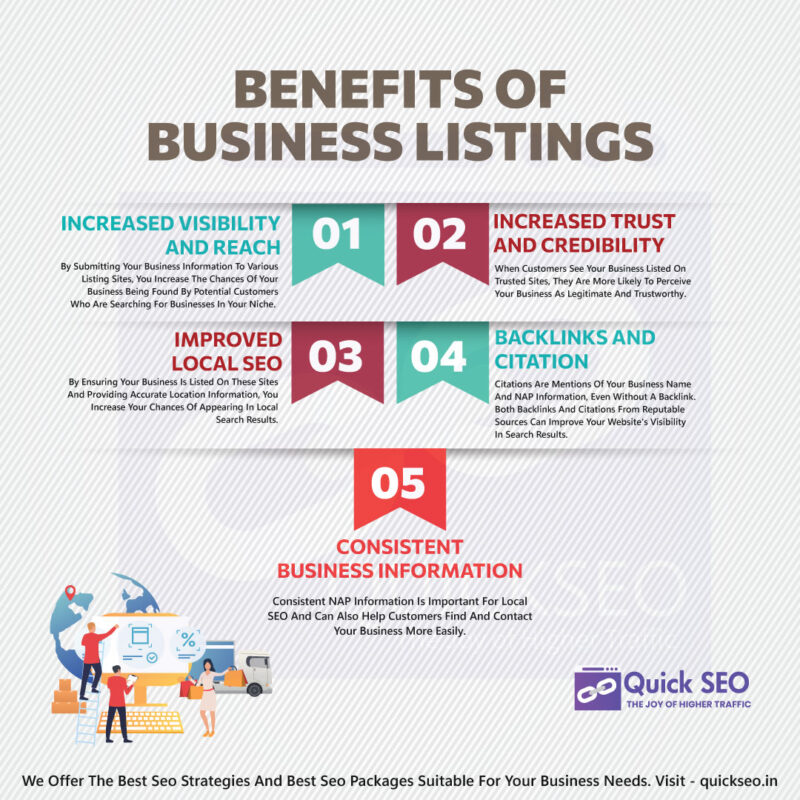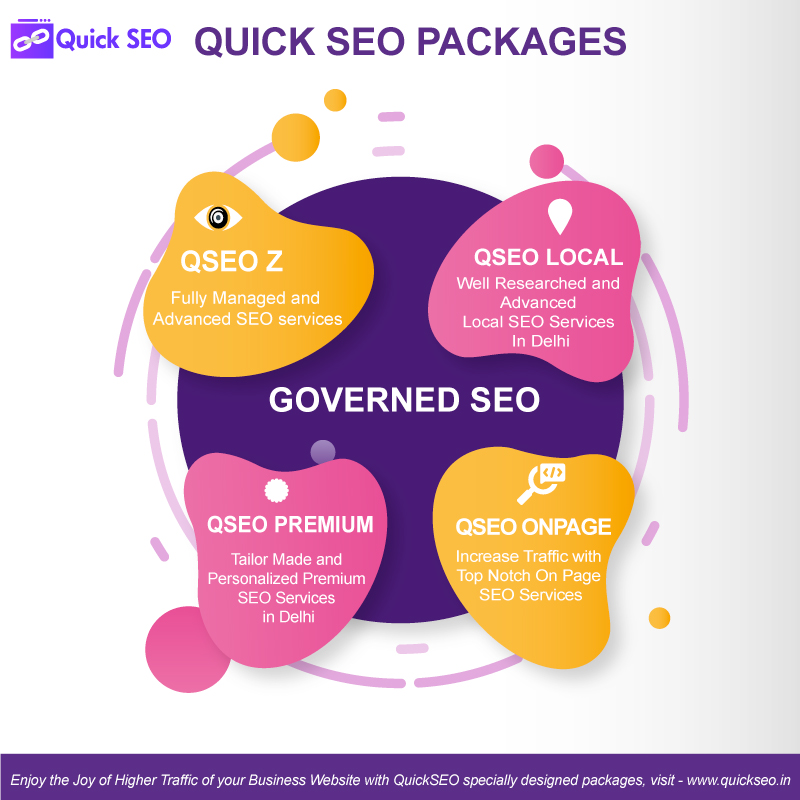Businesses may increase their online visibility and the number of potential clients they attract with the help of Search Engine Optimization (SEO). However, search engine optimization (SEO) is not just important for corporations. SEO also has a lot of potential for growth in the academic world. This essay aims to talk about the role of SEO in education. Search engine optimization (SEO) modifies a website’s content and architecture to improve its position in SERPs. This means that when someone searches for something related to the content of your website, your site will come up first in the results. This has the potential to increase access to online schools, programs, and materials in the field of education.
Role of SEO in Education
SEO has many potential benefits for academic institutions, including those listed below.
- Targeted Advertising

Using SEO, schools can improve their website’s visibility by making it more relevant to the interests of their intended audience. The institution’s website will be more visible to prospective students searching for information about its programs. Educational institutions can improve the quality and usefulness of their website content by optimizing it for specific keywords and search terms. Saving money on paid advertising is one of the many benefits of using SEO for targeted marketing in the educational sector.
- Better Online Exposure

By increasing its position in SERPs (search engine results pages), SEO can assist educational institutions in becoming more visible online. More people visiting the site means more opportunities for the institution to get queries and new students. Increased online exposure can also help universities gain credibility as thought leaders and win over donors. Using search engine optimization (SEO), schools can increase their exposure to prospective students using keywords and search terms related to their courses and programs.

- Efficient Advertising

SEO is a cost-effective marketing method to attract potential students to a school’s website without spending money on advertising. Educational institutions can develop long-term strategies for obtaining organic traffic to a website by optimizing their site for specific keywords and search queries. Using search engine optimization (SEO), educational institutions can improve their online reputation and draw in more students by producing high-quality, useful material for their website users. Because of the low overhead associated with SEO, schools can put their money toward other priorities, such as expanding their curriculum or purchasing cutting-edge equipment.
Visit: importance of SEO marketing
- Enhancement to the User Experience

By fine-tuning a website’s architecture and content, SEO can enhance the user experience. Educational institutions can use search engine optimization (SEO) to make their websites more accessible and user-friendly. Better user experiences can increase conversion rates, time spent on site, and user engagement. Educational institutions can use search engine optimization (SEO) to study website traffic, spot problem areas, and enhance the site’s usability for its visitors.
- Boost Online Reputation

By increasing the visibility of their websites in search engine results for positively connotative keywords and phrases, educational institutions can boost their online reputations through search engine optimization (SEO). Educational institutions can gain respect and credibility online if they publish helpful, instructive content that answers frequently asked questions and handles other issues. By demoting unfavorable reviews or feedback and elevating more positive content, SEO can help universities and colleges respond to criticism. Schools can distinguish themselves from rivals and build a better reputation with the help of search engine optimization (SEO).
- Deeper Understanding

SEO can help schools learn more about their students’ online habits and preferences by revealing the content and keywords they use to find it. Institutions of higher learning can use this data to enhance their marketing efforts, website architecture, and content production. In order to maintain their relevance and attractiveness to prospective students, educational institutions can benefit from SEO by keeping up with the latest trends and preferences in their sector or industry. SEO data can help schools figure out where they’re falling short and where their students’ interests lie so they can fill that need with a fresh curriculum. If you are struggling to establish your institution’s online presence, consider contacting the best SEO services in India.
- Advantages in the Market

- Educational institutions may stand out from the crowd and cement their position as industry leaders by optimizing their online presence for search engines.
- SEO can help universities and colleges highlight their best features, such as their qualified faculty, cutting-edge pedagogical approaches, and extensive course catalogs.
- Search engine optimization (SEO) can help schools learn where they are slipping behind the competition so they can better prepare students for the job market.
- Gaining an edge in search engine optimization (SEO) helps universities and colleges expand and thrive in the long run.
Visit: why online reviews for business
Final words
SEO has the potential to be a game-changer for academic institutions. Colleges and universities can save money on advertising while increasing their online presence by optimizing their website for targeted keywords. The user experience of a website can be enhanced, the institution’s reputation managed, and new insights about the intended audience gleaned with the use of search engine optimization (SEO). More students will be attracted to a school that uses SEO as part of its marketing plan since it will be seen as an industry leader. We hope this article helps you understand the role of SEO in education.




